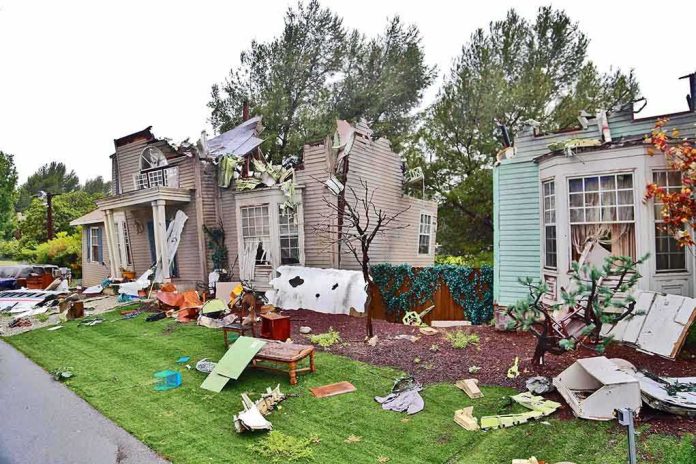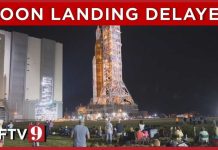
As influencers face backlash for their ‘tragedy tourism’ during Hurricane Melissa, a debate on ethics in social media intensifies.
Story Highlights
- Influencers criticized for vacationing in Jamaica during Hurricane Melissa.
- Public backlash over insensitive social media posts during the disaster.
- Jamaican authorities emphasize the severity of the Category 5 storm.
- Debate over ethical boundaries for influencers during crises.
Influencers’ Tone-Deaf Content Sparks Outrage
As Hurricane Melissa, a Category 5 storm, unleashed its fury on Jamaica, a group of social media influencers, led by Hannah Grubbs, found themselves at the center of a storm of their own. By posting lighthearted vacation photos and videos amidst the chaos, they drew intense criticism for their insensitivity. The influencers’ disregard for local warnings and the suffering of residents was seen as a blatant example of ‘tragedy tourism,’ raising questions about the ethics of their actions.
Public backlash was swift and severe, with many accusing the influencers of trivializing the disaster. Social media platforms like TikTok and Instagram became battlegrounds for debates on the role and responsibility of influencers during such crises. Critics argued that the influencers’ content distracted from urgent relief efforts and showed a troubling lack of empathy for those facing the storm’s wrath.
Authorities and the Public’s Response
Jamaican authorities, including Prime Minister Andrew Holness, emphasized the unprecedented nature of the storm, stating, “There is no infrastructure in the region that can withstand a Category 5.” Despite these warnings, the influencers continued their social media escapades, further fueling public outrage. In response to the criticism, the influencers deleted their posts, but the damage to their reputations had already been done.
The incident reignited debates on the ethical boundaries for social media content during disasters. While some argue that influencers can bring attention to disaster zones, most agree that insensitive content undermines any potential benefits. Jamaican residents, meanwhile, faced the dual challenges of recovering from the storm and dealing with the global attention brought by the influencers’ actions.
Ethical Implications and Future Considerations
The fallout from this incident has significant implications for the influencer industry. In the short term, there is increased scrutiny of social media behavior during disasters, with potential calls for stricter platform policies. Long-term, this event may lead to discussions about regulatory measures or industry changes to establish ethical standards for influencer conduct in crisis zones.
As Jamaica continues its recovery efforts, the global community remains focused on the ethical responsibilities of public figures in times of crisis. This incident serves as a stark reminder of the power dynamics at play in the digital age and the need for responsible content creation that respects the dignity and suffering of affected communities.
New Post: Influencers face backlash for ‘tragedy tourism’ during Hurricane Melissa https://t.co/KTrFNHnmAV #latestnews
— News 4 Social – Talk About Latest Trend (@newsforsocial) November 5, 2025
Ultimately, the ‘tragedy tourism’ controversy underscores the importance of empathy and ethical considerations in the digital era, where the lines between personal branding and public accountability continue to blur.
Sources:
NDTV: Influencer Faces Backlash For Vacationing In Jamaica During Devastating Hurricane Melissa
AOL News: Influencers face backlash for ‘tragedy tourism’ during Hurricane Melissa














